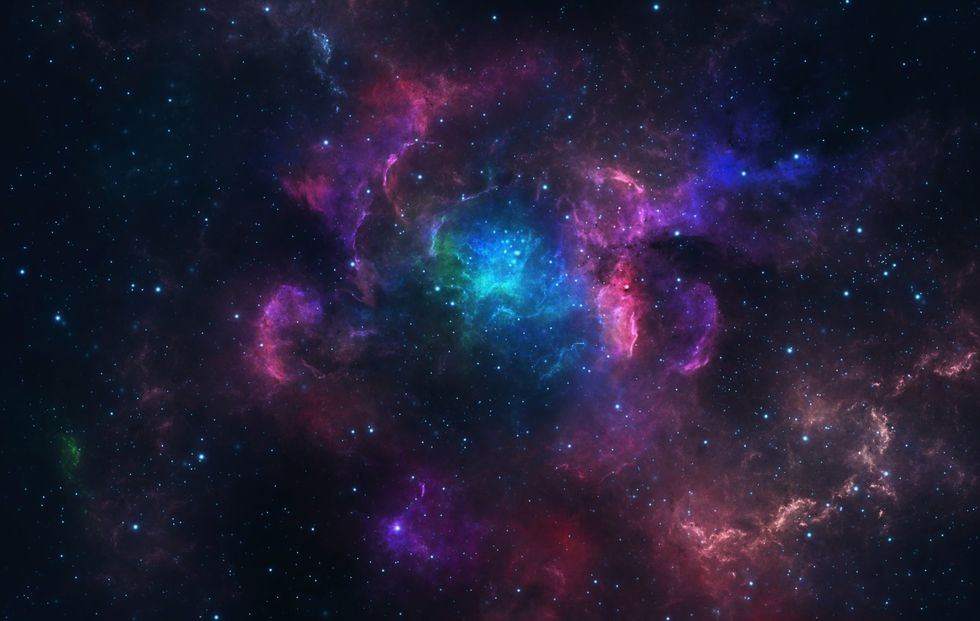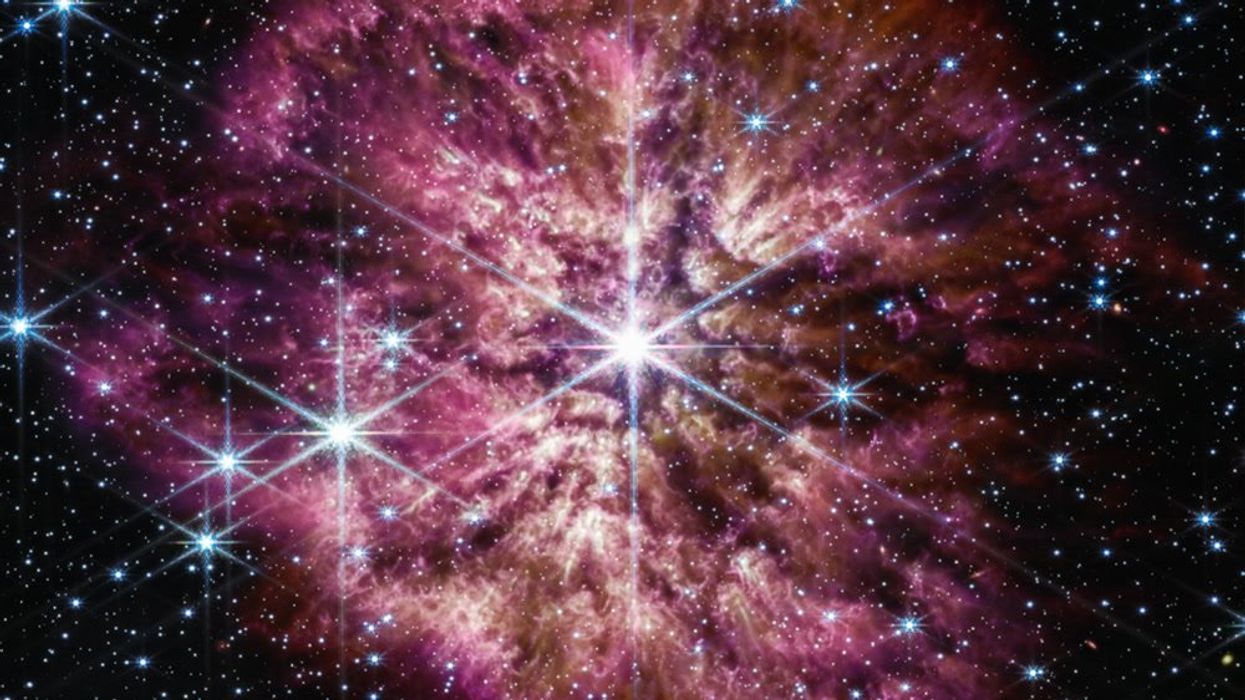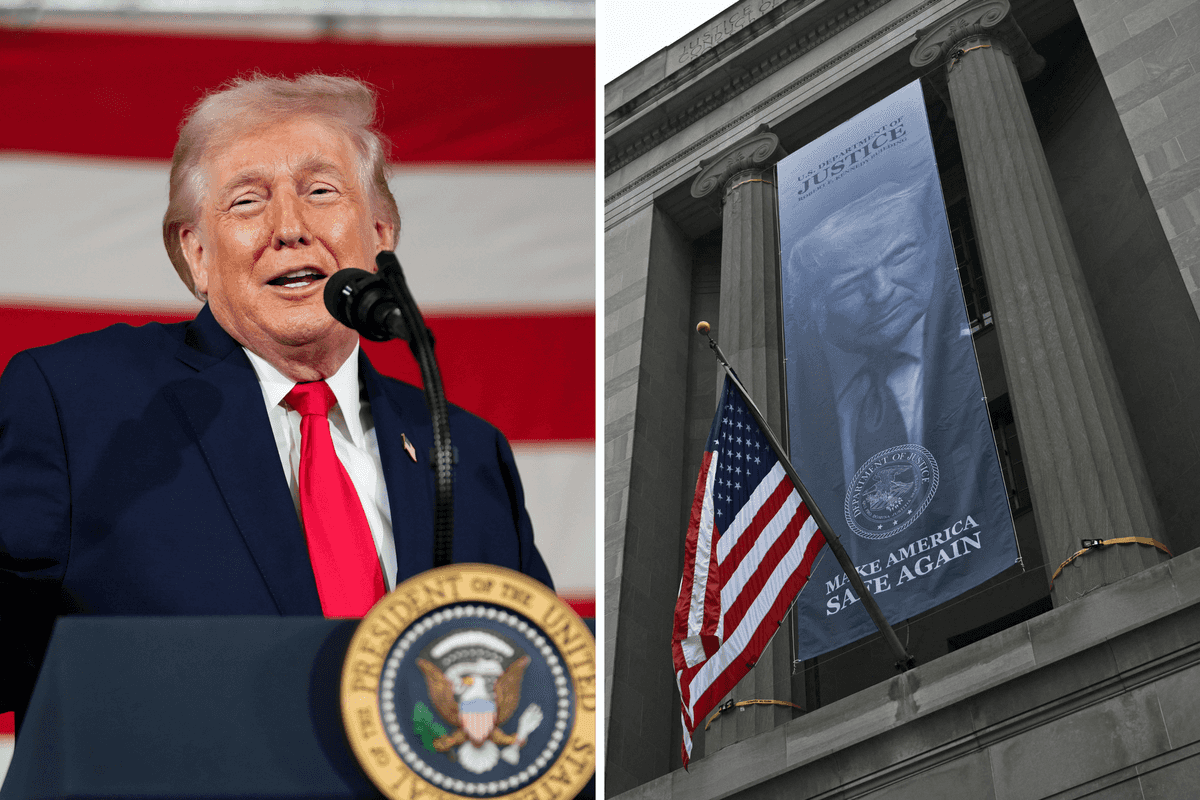Harry Fletcher
Apr 30, 2023
Nasa's James Webb telescope spies star on the verge of exploding into …
content.jwplatform.com
Scientists have made a whole bunch of surprising new discoveries using the James Webb Space Telescope recently.
Now, a group of galaxies have been observed which researchers are claiming should not exist at all in their current state.
The earliest and most massive galaxies ever found by NASA’s telescope appear to be much bigger than could have been expected.
For their relative location in the universe, the researchers have claimed they are far more mature than anticipated.
Sign up to our new free Indy100 weekly newsletter
The surprise nature of the discovery could suggest that the scientific community could be missing information central to our understanding of the universe.
The new research has focused on experts “stress testing” the galaxies to find how they formed.

“If the masses are right, then we are in uncharted territory,” said Mike Boylan-Kolchin, from the University of Texas at Austin, and the author of a new paper examining the unsual galaxies.
“We’ll require something very new about galaxy formation or a modification to cosmology. One of the most extreme possibilities is that the universe was expanding faster shortly after the Big Bang than we predict, which might require new forces and particles.”
Professor Boylan-Kolchin’s paper, ‘Stress testing ΛCDM with high-redshift galaxy candidates’, has been published in Nature Astronomy this week.
Scientific discoveries in our universe continue to make headlines in 2023. Recently, a "runaway" supermassive black hole has been spotted travelling at four million miles per hour away from its galaxy.
Rather than hoovering up light around it, the object is thought to be actively producing new baby stars. A trail of newborn stars has now been detected in its wake, stretching an incredible 200,000 light-years in length.
Have your say in our news democracy. Click the upvote icon at the top of the page to help raise this article through the indy100 rankings.
Top 100
The Conversation (0)














